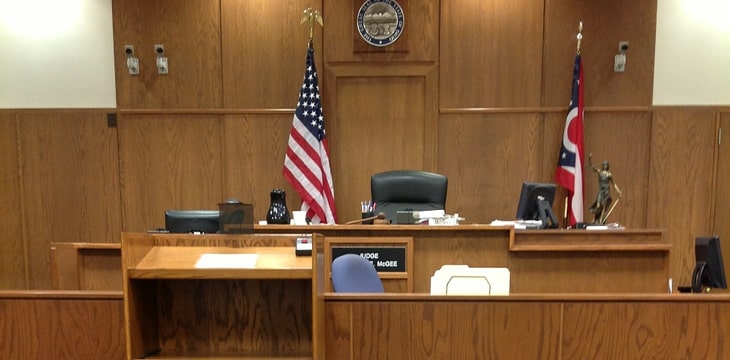|
Getting your Trinity Audio player ready...
|
The coronavirus may have forced almost everything to a grinding halt, but there are still some activities that need to be addressed. The U.S. Securities and Exchange Commission (SEC) and social media platform Kik have been locked in a battle for almost 10 months as they go back and forth over the legitimacy of the company’s Kin digital currency and its 2017 initial coin offering (ICO).
At this point, both sides would like nothing more than to put the matter behind them, but that hasn’t been in the cards. The SEC and Kik are now increasing their efforts, filing motions with the court that they hope will pave the way for a quick resolution.
Both entities have already sought summary judgments in the case, and they have now issued oppositions to those requests. For its part, the SEC continues to assert that the Kin is an unregistered security and that “all persons and entities that bought Kin through the $100 million offering (‘Kin investors’) (1) made an investment of money (2) in a common venture (3) with a reasonable expectation of profits to be derived from the entrepreneurial or managerial efforts of others.”
It adds, “Kik does not dispute that it conducted the 2017 offering through interstate commerce, or that it offered and sold securities to the SAFT participants. Rather, Kik now seeks summary judgment on the sole grounds that (A) it did not offer and sell investment contracts to the public investors, and (B) the portion of its offering to the SAFT participants qualified for an exemption from registration.”
On the other hand, Kik continues to argue that the financial regulator has no basis for its attack and that it cannot prove that those who purchased Kin would have expected to make a profit or that it “entered into a common enterprise” with those individuals. Those, state Kik, are requirements for something to be considered a security in accordance with the Howey Test.
It adds that there were two transactions conducted with investors. The first was, in fact, a private sale that was treated as a securities offering. The second transaction, though, was not. Kik explains in its motion to dismiss the summary judgment request by the SEC, “The second transaction, having been conducted after the infrastructure for Kin already existed, and given that it was merely a sale of goods to the public, was not an offering of securities. Thus, the sale did not require registration with the SEC.”
This latest salvo hasn’t done much to rectify the ongoing dispute. The debate will continue, and replies to last Friday’s filings have to be submitted no later than May 5.

 03-02-2026
03-02-2026 




